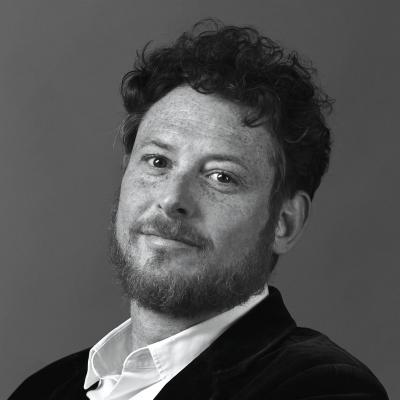Ad Age Video & Podcasts
Horizon Media founder Bill Koenigsberg on why nothing, and everything, is changing

February 20, 2020 12:00 PM
Featured Stories
US ad employment slumped in May for the sixth consecutive month
The U.S. ad business lost jobs in May for the sixth month in a row. The overall economy added 139,000 jobs, showing modest but relatively steady growth despite worries about tariffs, inflation and recession.




